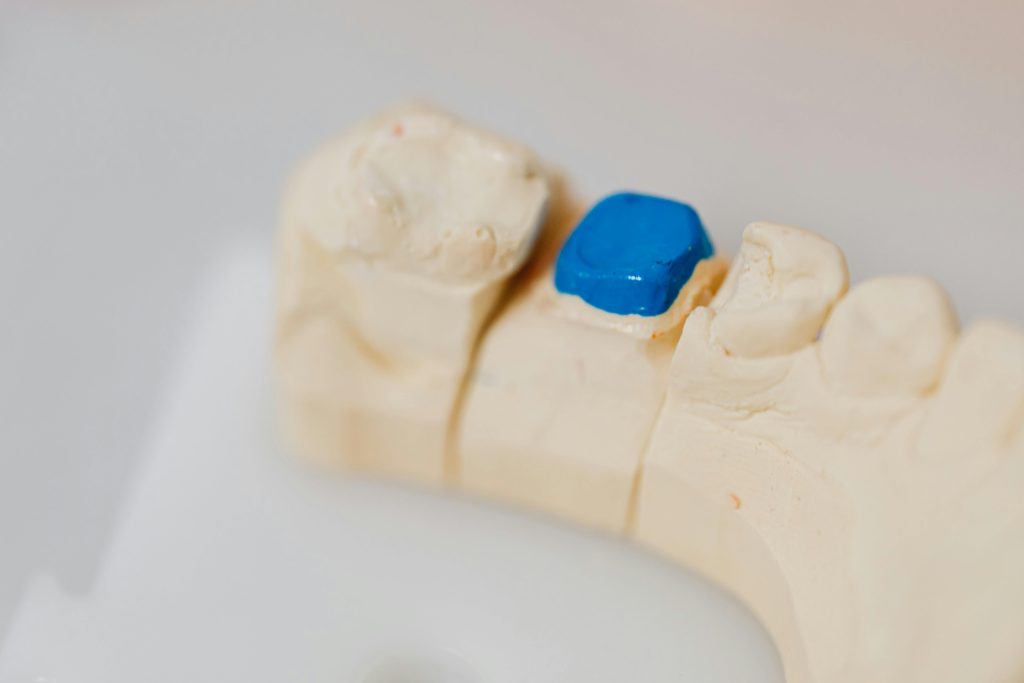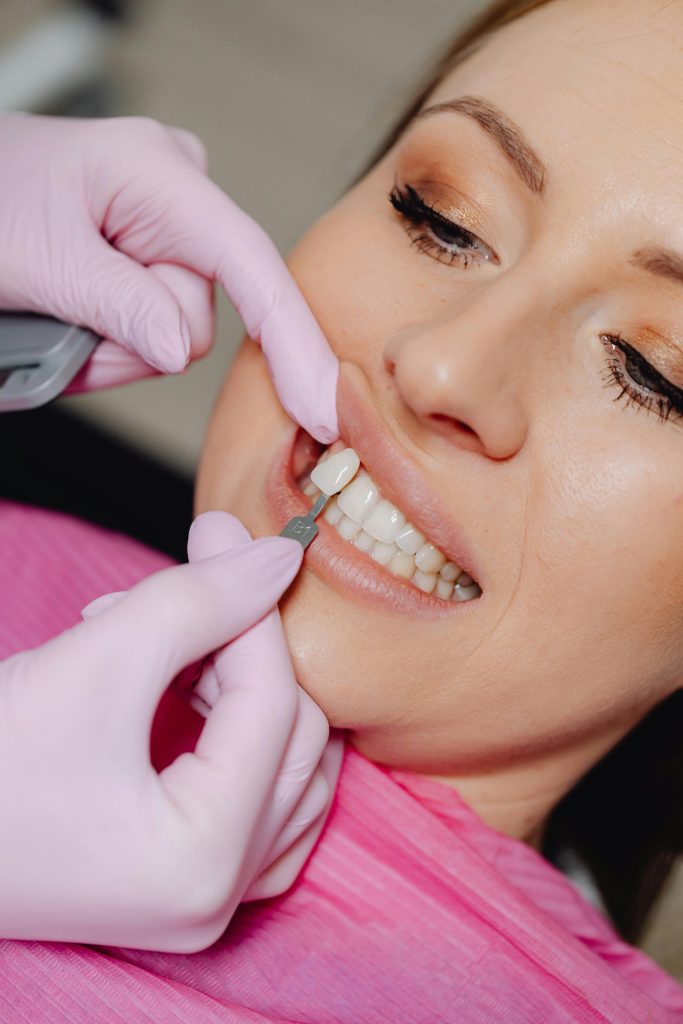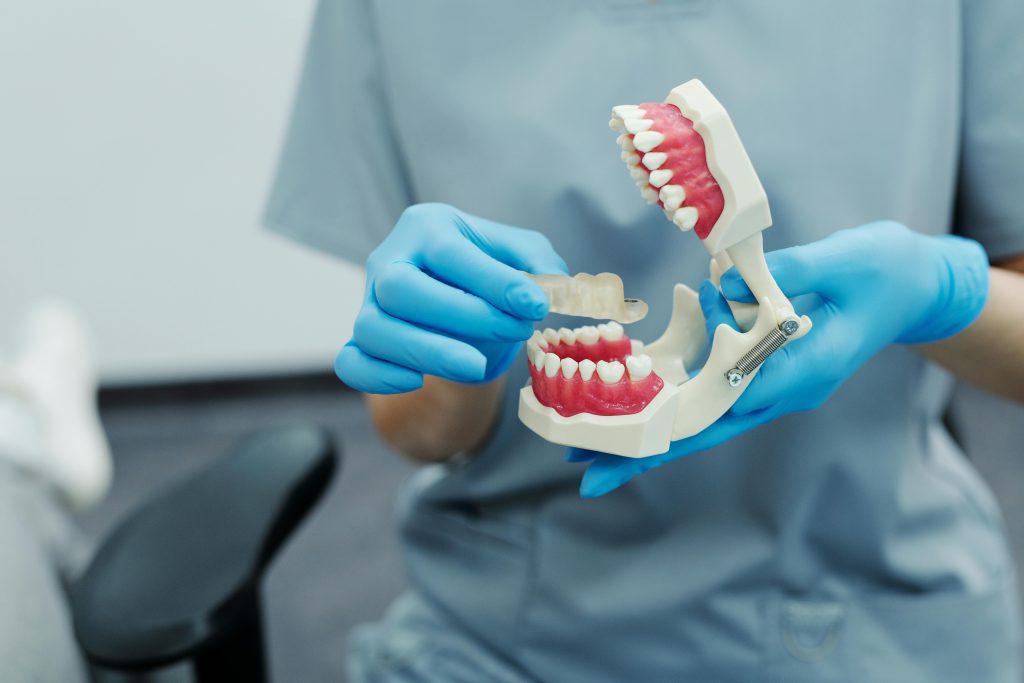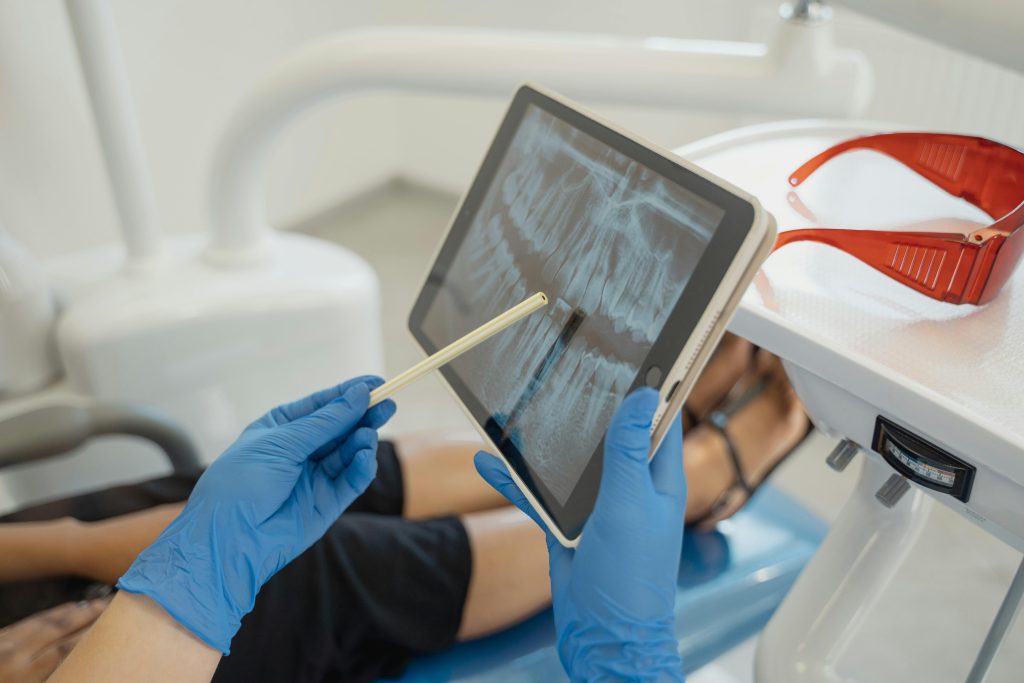RESTORATIVE DENTAL TREATMENTS IN LONDON At Dr Teeth Clinic
Restorative Dental Treatments in London – Dr. Teeth Clinic
If you’re searching for restorative dental treatments in London, Dr. Teeth Clinic provides advanced solutions to repair and restore damaged teeth. Whether it’s a simple filling, a protective crown, or a root canal treatment, our expert dentists use modern techniques to bring back your smile’s strength, function, and beauty.
🦷 Dental Fillings in London
Dental fillings are the most common restorative treatment to repair teeth affected by cavities or minor decay.
Process & Steps:
Examination & X-ray – to assess the extent of decay.
Decay removal – damaged tooth material is carefully removed.
Tooth filling placement – composite (tooth-coloured) or amalgam filling applied.
Polishing & bite check – to ensure comfort and a natural look.
Common Issues Requiring Fillings:
Small cavities
Minor tooth fractures
Worn-out fillings that need replaceme




👑 Dental Crowns in London
Dental crowns are protective caps placed over damaged or weakened teeth to restore strength and appearance.
Process & Steps:
Tooth preparation – reshaping the damaged tooth.
Impression taking – for a custom-fit crown.
Temporary crown placement – while your permanent crown is crafted.
Final crown fitting – using porcelain, ceramic, or metal-based crowns.
Common Issues Requiring Crowns:
Cracked or fractured teeth
Large cavities beyond filling repair
After root canal treatment
Weak teeth that need reinforcement
🦷 Root Canal Treatment in London
Root canal therapy saves severely infected teeth by removing damaged pulp and sealing the tooth.
Process & Steps:
Diagnosis & X-ray – to detect infection inside the tooth.
Local anesthesia – ensuring a pain-free procedure.
Removal of infected pulp – cleaning and disinfecting the canals.
Filling & sealing – root canals are sealed with a biocompatible material.
Crown placement – often added for strength and protection.
Common Issues Requiring Root Canal:
Severe toothache or sensitivity
Deep decay reaching the pulp
Swollen gums or dental abscess
Tooth darkening from infection


✅ Our Restorative Care Guarantee
At Dr. Teeth Clinic London, we stand by the quality of our restorative treatments. Every filling, crown, and root canal is performed by experienced, UK-certified dentists, using modern technology and durable materials. We guarantee lasting results, natural aesthetics, and personalized care – giving you confidence that your smile is restored and protected.
⭐ Why Choose Dr. Teeth Clinic for Restorative Dental Care in London?
🦷 Expert Restorative Dentists – Experienced in fillings, crowns, and root canals.
👨⚕️ UK-Certified Professionals – Trusted and accredited dental care team.
⚡ Modern Technology – Digital X-rays, advanced equipment, and precise treatments.
💎 Natural Results – Tooth-coloured materials for a seamless, aesthetic finish.
📍 Convenient London Location – Easily accessible near Tower Bridge and London Bridge Station.
💰 Affordable & Transparent Pricing – No hidden costs, flexible treatment plans.
👨👩👧 Family-Friendly Clinic – Caring environment for both adults and children.
❓ Frequently Asked Questions About Restorative Dentistry in London
1. How long do dental fillings last?
Composite fillings at Dr. Teeth Clinic London usually last 7–10 years, depending on oral hygiene and diet. Regular check-ups help extend their lifespan.
2. Are dental crowns painful?
No. With local anesthesia, crown placement is a comfortable procedure. Patients may feel mild sensitivity, which settles within a few days.
3. How much does a root canal cost in London?
Root canal treatment at Dr. Teeth Clinic is offered at affordable, transparent rates. Cost depends on the tooth type and complexity, but we provide upfront pricing with no hidden fees.
4. How do I know if I need a crown or a filling?
Small cavities are treated with fillings, while larger damage or weak teeth require crowns. Our dentist will assess your tooth and recommend the best option.
5. Is a root canal better than tooth extraction?
Yes ✅. A root canal saves your natural tooth, while extraction leaves a gap requiring implants or bridges. Preserving natural teeth is always better for long-term oral health.